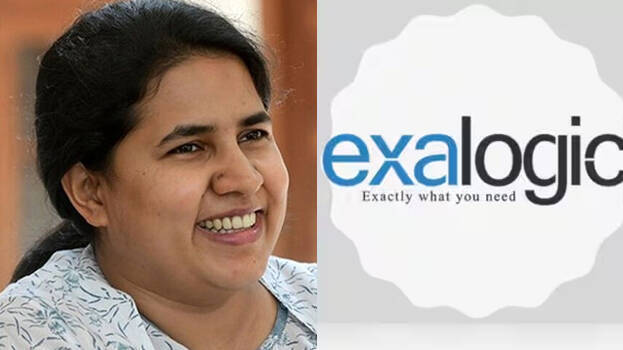

When the Income Tax Interim Settlement Board found that Cochin Minerals and Rutile Ltd (CMRL) had paid ₹1.72 crore to Exalogic Solutions for services never rendered, the issue appeared to be a familiar story of related party transactions without substance. But what followed is a testament to how India's financial enforcement landscape is evolving — with real consequences for what was once dismissed as creative accounting.
Exalogic, owned by Veena Vijayan, daughter of Kerala’s Chief Minister, is now at the centre of a multi-agency investigation involving the Serious Fraud Investigation Office (SFIO), Registrar of Companies (RoC), and most notably, the Enforcement Directorate (ED), which has invoked the Prevention of Money Laundering Act, 2002 (PMLA).
The real rot, however, lies in a simpler but deeply corrosive practice: raising and paying fake invoices.
The GST Angle: Not Just a Tax Violation
Under the GST regime, an invoice is not a token document. It is a statutory representation of supply — either goods or services. Section 31 of the CGST/KGST Act mandates that tax invoices must be issued before or at the time of actual supply. Raising invoices without underlying services violates the very backbone of the GST framework.
This leads directly to Section 122(1)(ii) — issuing an invoice without supply — a prosecutable offence carrying a penalty equal to the tax evaded or ₹10,000, whichever is higher. If ITC was wrongfully claimed or refunds were obtained on this basis, Section 132 brings in criminal prosecution — with jail terms going up to five years in cases of serious fraud.
In other words, a fake invoice is not a technical offence — it is financial misrepresentation with cascading consequences across tax, accounting, and criminal law.
Why PMLA Applies
Critics may argue: where is the money laundering here? The answer lies in the statutory definition under Section 3 of PMLA: anyone dealing with proceeds of crime — possessing, concealing, converting or projecting tainted money as untainted — is guilty of money laundering.
If the funds transferred from CMRL to Exalogic were done without a genuine transaction and later used, invested, or shown as revenue, they qualify as proceeds of crime. The ED’s case is not about ideological targeting but a straightforward application of law where commercial deception meets financial crime.
Broader Lessons: Abetment and Accountability
This episode is not just about politics. It is about the widespread — and often unchecked — practice of using fake invoicing to record expenses, route money, or inflate turnover.
Here are the broader takeaways:
Directors, accountants, and consultants involved in such transactions can be charged with abetment.
Companies accepting such invoices for bogus Input Tax Credit are at equal risk — with recoveries, penalties, and prosecution.
Stakeholders who think that small-scale invoice fudging won’t be noticed must recognise that GST, Income Tax, and banking data are now integrated — and scrutiny is more seamless than ever before.
The Way Ahead
The Exalogic–CMRL case should be a moment of reckoning — not just for regulatory authorities, but for India Inc. The lesson is simple: in a digitised compliance environment, a fake invoice can lead to real imprisonment.
More importantly, public tolerance is waning for such financial manipulation. When state-owned bodies, public money, and political access intersect with such transactions, the issue is not just legality — it’s legitimacy.
For professionals and businesses alike, the takeaway is clear: clean books are no longer optional; they are non-negotiable.